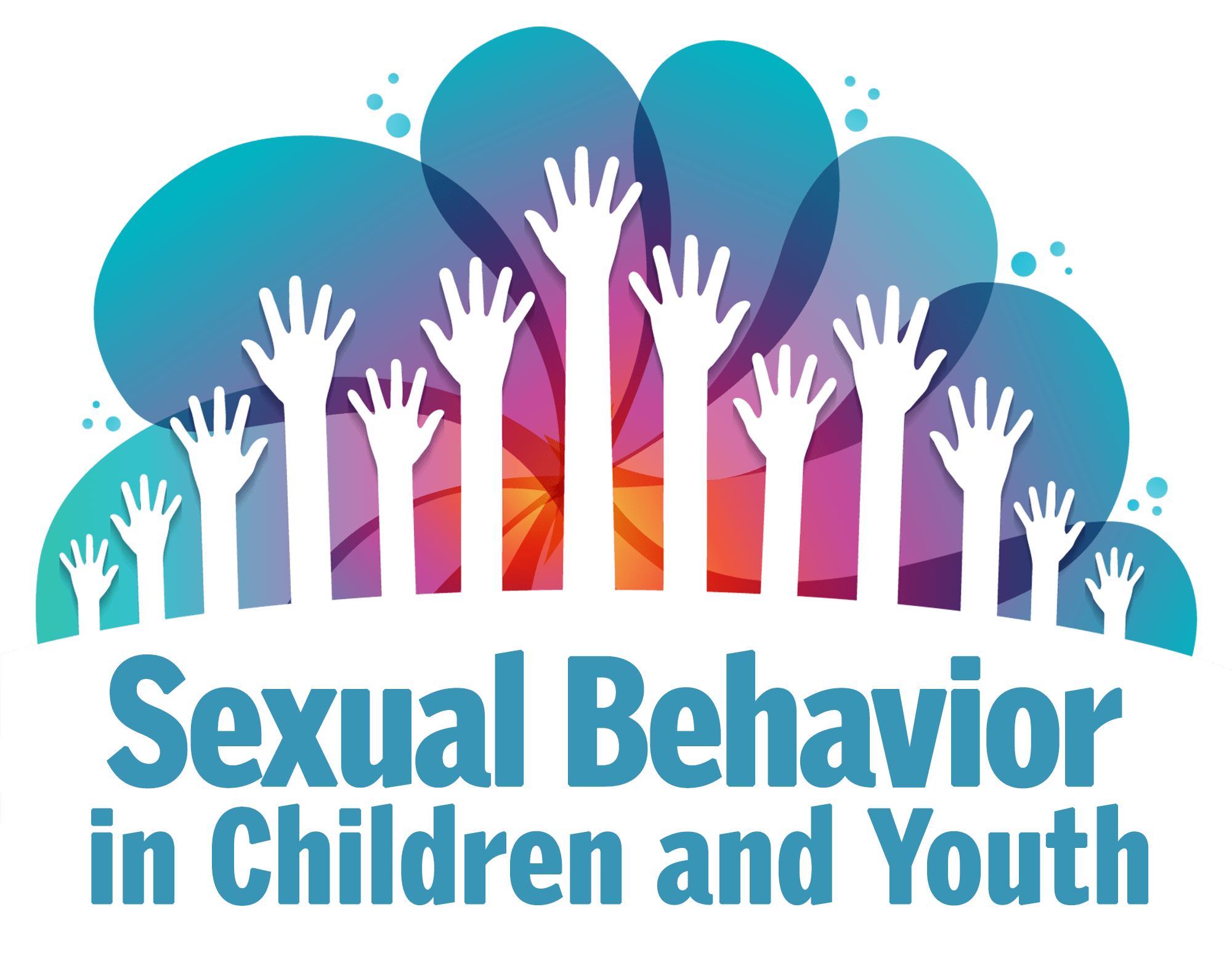By: Jason Jowers
On February 25th, 2021, OneOp hosted the latest webinar in the Sexual Behavior in Children and Youth Series entitled “Overview of Treatment for Children Impacted by Problematic Sexual Behavior of Other Youth.” This webinar was a great next installment in our Sexual Behavior in Children & Youth (SBCY) Series, which has been ongoing since May 2019 and coming up on two years running!
The goals of this webinar focused on understanding when and why treatment for children impacted by the problematic sexual behavior (PSB) of other youth may be important. This webinar’s primary focus was to gain a general understanding of the application of Trauma-Focused Cognitive Behavioral Therapy or TF-CBT with this specific population. Also included was overview information about the PRACTICE components of TF-CBT.
We were of course joined in this webinar by Dr. Esther Deblinger, co-founder and co-director of the Child Abuse Research Education and Service (CARES) Institute and a Professor of Psychiatry and Psychology at Rowan University in Stratford, New Jersey. She and her collaborators, Drs. Judith Cohen and Anthony Mannarino, developed and extensively tested Trauma-Focused Cognitive-Behavioral Therapy (TF-CBT), an evidence-based treatment program that has evolved as the standard of care for children and families impacted by trauma.
Webinar Highlights
We wanted to share some of the highlights from this webinar session that are beneficial for service providers and continue to provide strategies and resources when working specifically with military children and families.
- This webinar began with a brief overview of problematic sexual behavior (PSB) in children and youth. Most notably, the focus was on assessing the child or children who are impacted by PSB from another youth. This included how to assess for trauma and how this trauma has impacted caregivers and the family.
- Special considerations should always be taken by professionals working with children and families impacted by PSB. That includes proper safety and supervision for clinicians, as well as implementing self-care strategies to avoid burnout and emotional fatigue. Working with abused children and youth as well as their families can sometimes instill secondary trauma for the clinicians working with them. Always take care of yourself and make sure you have support.
- Deblinger then began to talk about what TF-CBT is and how it is utilized in therapy settings. TF-CBT is a hybrid approach that integrates: Trauma-sensitive interventions, Cognitive-behavioral interventions, Attachment theory, Strength-based therapy, Family therapy, Empowerment therapy, and Humanistic therapy. TF-CBT has been used around the globe and is very efficient via telehealth.
- She then explained the PRACTICE components of TF-CBT which are: Psychoeducation for parents, Relaxation techniques, Affect Expression and Modulation, Cognitive Coping, Trauma Narrative and Processing, In-Vivo Mastery, Conjoint sessions, and Enhancing Safety and Future Developments.
- All of these components ultimately are to help provide parenting strategies that build up the child/caregiver relationship.
- Also, the process of TF-CBT does not involve the child having to fully relive the traumatic experience by retelling and reexperiencing the trauma. Instead, it focuses on trauma processing of feelings and thoughts in the now and to decrease the trauma-related avoidant behavior that interferes with daily functioning.
- Deblinger completed the presentation by sharing the graduation party that her center puts on for each child and family that has gone through the program to celebrate their successes.
Archived Viewing and CE Credit Info
If you missed the live event you can watch the archived recording on our YouTube channel at the event page here. Free Continuing Education Credits for this event are still available for licensed social workers, professional counselors, case managers, certified family life educators, and family therapists. The CE credits are available through February 2022 and 2023.















